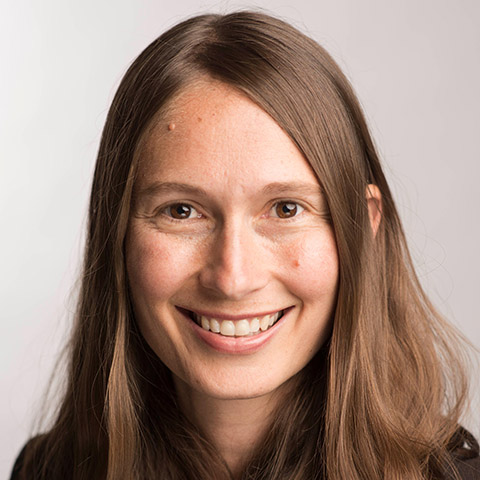Erin Nourse

Associate Professor
First Year Experience, Religious Studies and Theology
Contact Info
303.964.3682
Regis College
View CV